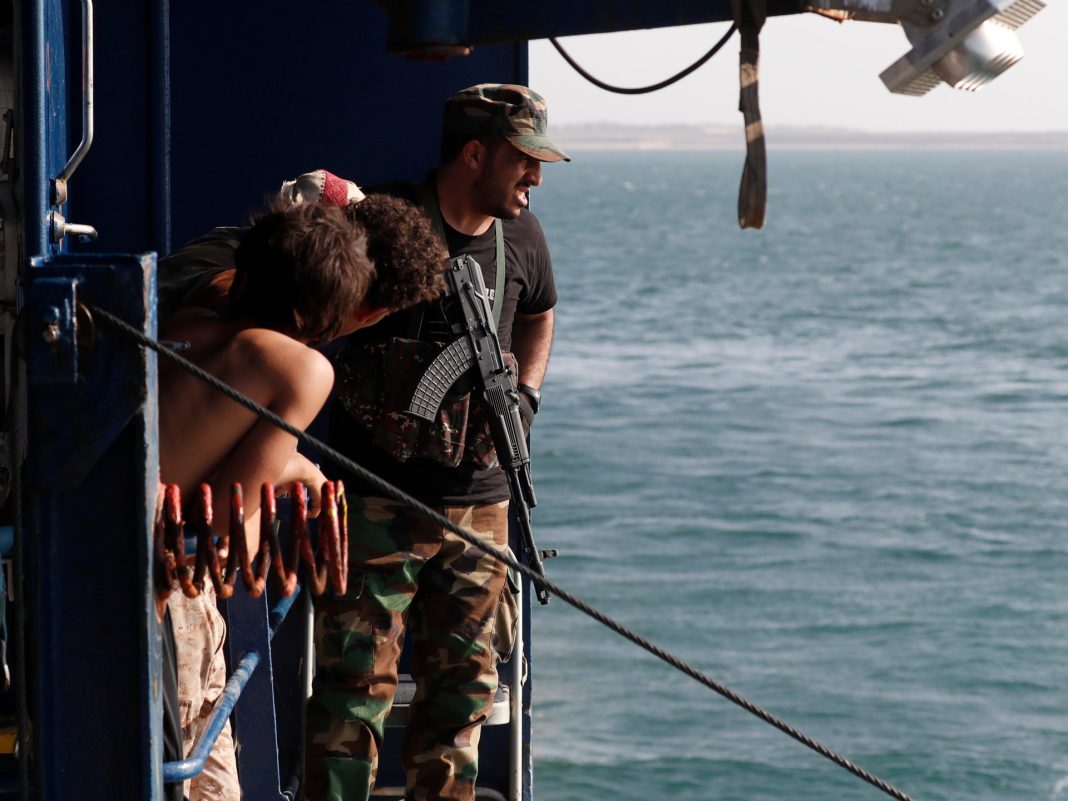The Ministry of Defence announced on Sunday that the Sea Viper Air Defence system would be fitted with missiles featuring a new type of warhead and software to counter ballistic missile threats.
“As the situation in the Middle East worsens, it is vital that we adapt to keep the UK, our allies and partners safe,” Secretary of State for Defence Grant Shapps said in a statement.
“Sea Viper has been at the forefront of this, being the Navy’s weapon of choice in the first shooting down of an aerial threat in more than 30 years. Our strong and enduring relationship with British industry has ensured we can deploy the latest technological capabilities wherever they are required while supporting hundreds of jobs across the country and bolstering UK prosperity,” he added.
The Houthis have carried out a string of drone and missile attacks on ships in the Red Sea region in recent months, following the outbreak of the war in Gaza. They have vowed to continue targeting any Israel-linked vessels until the blockade of the Palestinian enclave is lifted and the hostilities are stopped.
In response, the US has formed a military coalition against Yemeni forces in the Red Sea and endangered maritime navigation in the strategic waterway.
The increased risks faced by ships in the Red Sea have forced the world’s biggest freight firms to avoid the Suez Canal and sent insurance costs soaring. Instead of Suez – the quickest cargo route from Asia to Europe – many vessels are now diverting round the Cape of Good Hope, incurring higher expenses on fuel, maintenance and wages.
Container freight rates for key global trade routes have also surged after the US and UK launched airstrikes on targets in Yemen with the stated goal of protecting maritime commerce in the Red Sea and the Bab-el-Mandeb straits, the world’s busiest routes.
